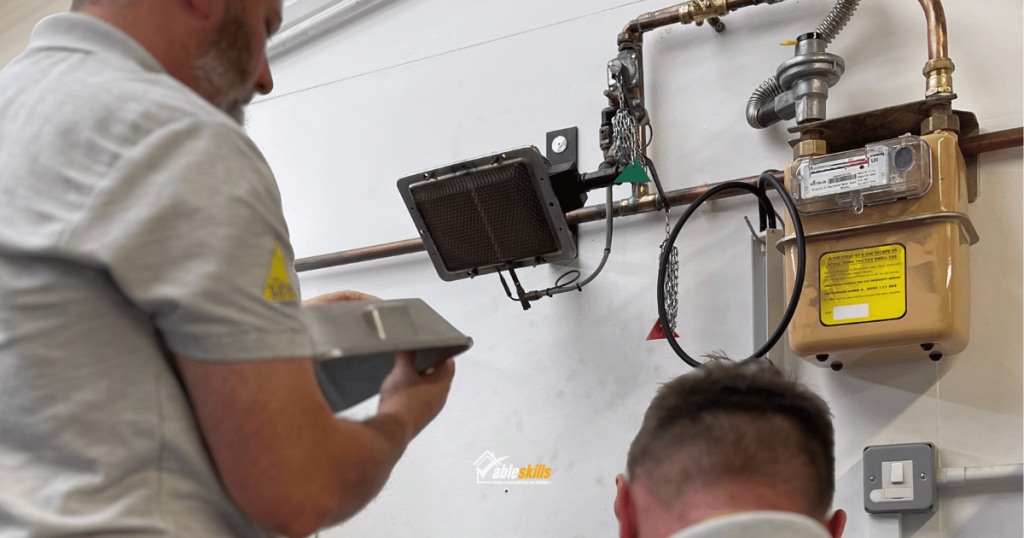
Commercial gas engineers boast highly specialised, in-depth skill sets that are crucial when it comes to installing, maintaining and repairing gas appliances beyond domestic settings.
Unsurprisingly, to gain your commercial gas qualifications you’ll need to undergo robust training, complete several assessments and register with Gas Safe before you’re able to carry out work.
Whether you’re thinking about a career as a commercial gas engineer, or just want to learn a bit more about the role, below we’ve detailed some of the typical responsibilities of the profession.
What type of work do commercial gas engineers do?
While the day-to-day tasks a commercial gas engineer will encounter may vary, the role will generally involve the servicing, repair and maintenance of gas appliances and heating systems in either a commercial setting, or with appliances that exceed the limits of what a domestic engineer can work on.
Commercial gas work is often more complex than domestic work, and can often be on a far larger scale.
What commercial industries need gas engineers?
There aren’t many industries that don’t rely on some kind of gas or heating appliance, whether it’s schools, hospitals, shopping centres or office blocks, the skills of commercial gas engineers are regularly sought-after.
What is the difference between domestic and commercial gas engineers?
The first, and perhaps most obvious difference between domestic and commercial gas engineers is the environment they’re qualified to work in. Commercial gas engineers must complete more advanced training and assessments, and upon doing so will be able to carry out gas work in commercial environments as well as domestic.
Commercial gas engineers are also able to work on larger-scale appliances and systems. For example, domestic gas engineers are only allowed to work on appliances with an input of up to 70kW and with pipework up to a maximum size of 35mm.
Are gas engineers still in high demand?
With the construction industry as a whole still facing huge skills shortages, gas engineers are one of the professions in particularly high demand.
According to recent research from materials supplier metals4u (via pbctoday), construction vacancies have reached an estimated 140,000 in the UK, with gas engineers in the five most advertised vacancies within the industry.
Why would an engineer want to complete their commercial gas qualifications?
Holding your commercial gas qualifications means you’ll be able to take on a much wider spectrum of work, which could boost your earning potential and employment opportunities. It may also be advantageous when it comes to career progression, potentially opening up the door to more senior positions that require commercial gas qualifications.
If you’re a domestic gas engineer who already holds your CCN1 - Domestic Core Gas Safety qualification, and you’re thinking about expanding your skill set to include commercial, then a dedicated changeover course could streamline this process.